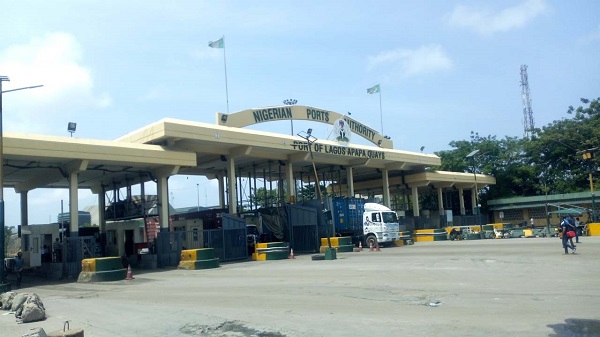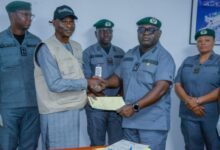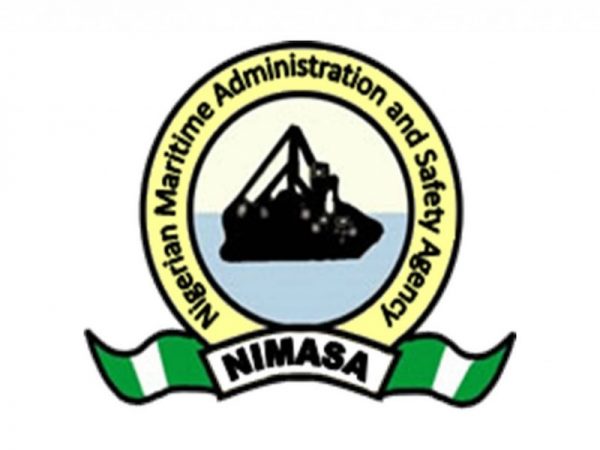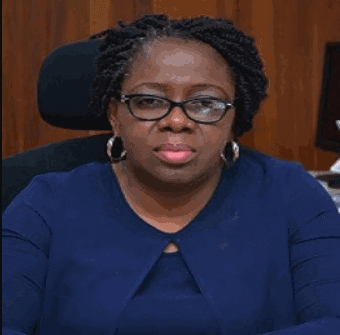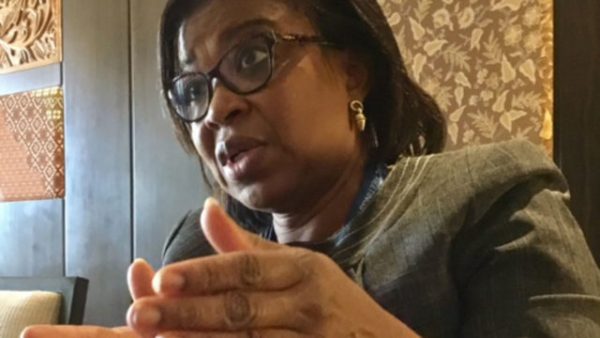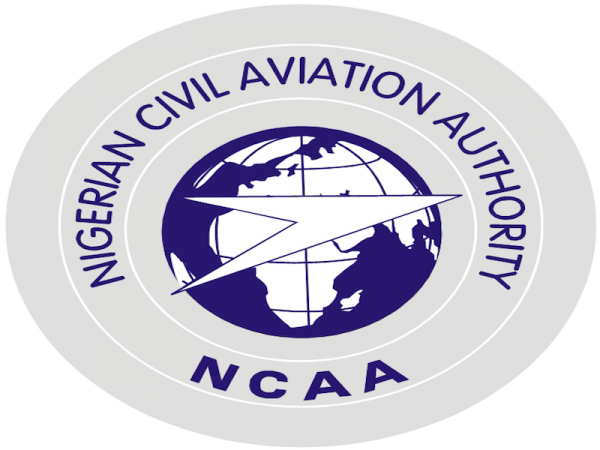Port Concession Intrigues: FG Abandons NPA’s Concession Review Exercise
- Port concessionaires get lease covertly renewed
- Shippers’ Council discontented with observer status
By Kenneth Jukpor
The Federal Government has discarded the recent port concession review exercise carried out by Nigerian Ports Authority (NPA) and terminal operators, with technical support from a World Bank advisory team.
NPA’s recent concession agreement has been jettisoned for lack of proper consultation from the industry operators amid burning issues and conflicts arising from the maiden port concession contract.
Recall that the NPA boss disclosed last year that the reviewed concession was sent to the Attorney General of the Federation (AGF) and the office of the AGF responded weeks later on the supplemental agreement for the revised concession agreement.
Fifteen years after Nigerian seaports were concessioned, the framework poses major bottlenecks confronting the nation’s maritime sector, but NPA has secretly reapproved new lease for terminals while stakeholders grope in dark over new terms of agreement.
Details of seaport terminals’ concession agreement remained the topmost secret in the nation’s maritime sector for years and the efforts to review it without critical stakeholders input, has been the most divisive aspect of the Hadiza Bala-Usman’s NPA administration.
While the initial port concession agreement did not provide for regular amendment and was done without an economic regulator, the shocking development is that concessionaires who got 10 years or 15 years lease period have seen their agreement renewed under covert circumstances.
Industry observers have also been confused with the romance between NPA and terminals, especially when the seaport terminals have been reluctant to obey Federal Government directives via the same regulator.
While port concession successes include; efficiency, automation, security, among others, it has also brought about problems of arbitrary charges, divested and conflicting roles of some operators, long turnaround time, conflict between NPA and the concessionaires on certain aspects of the concession agreement such as port infrastructure, electricity, draft of channels, etc.
Recent efforts to review the port concession only had a technical support team from the World Bank as the external party besides NPA and the terminals. The World Bank advisory team has competence on such agreement, but stakeholders condemned the secret review which was devoid of contributions from Nigerian Shippers’ Council (NSC), freight forwarders, maritime lawyers, transport professional bodies and other categories of maritime experts.
MMS Plus efforts to get the latest on the concession review from the Assistant General Manager, Corporate and Strategic Communications, Mr. Ibrahim Nasiru were futile as the NPA spokesman couldn’t provide an update despite pleading for more time since March 5th, 2021.
“One of the integral parts of the review is that we have submission around compliance. So, if the government doesn’t adhere to the terms of the concession agreement there would be penalties that the government would have to adhere to. If the concessionaire also doesn’t meet its obligations there would also be sanction. There is objectivity and there are clear penalties for both sides. This is a key part of the concession agreement that we have been able to achieve. I would say that we should be able to finish by the first quarter of 2020,” the NPA boss said in February, 2020.
While the Managing Director of NPA, Ms. Hadiza Bala-Usman showed her mettle to end the monopoly occasioned by specialized terminals in the country, clamping down on Nigeria’s former Vice President, Alhaji Abubakar Atiku’s Intels and publishing the financial statements of NPA in her first year; industry observers have observed a negative slant from her early private sector result-driven approach.
The tête-à-tête with port concessionaires under the aegis of the Seaport Terminal Operators Association of Nigeria (STOAN), who collectively donated the sum of N700million to the Federal Government to support the fight against the spread of the coronavirus (COVID-19), yet, flouted government directive on free storage charges for the period under lockdown.
STOAN’s swift response to supply laptops and other items at the NPA following the arson at the Authority’s headquarters amid the EndSARS protests, has also been described by analysts as a suspicious move for soft landing and preferential treatments from the regulator.
During a recent chat with MMS Plus, a veteran maritime lawyer, Barr. Emmanuel Nwagbara said, “Since the agreement was signed in 2006, we expected that those that signed for 10 years ought to have done a comprehensive review of the agreement by 2016, taking into cognizance the experiences of port operators, the port users and port services providers. All port stakeholders should have been invited to make contributions and itemize the lapses, complaints and deficiencies.”
“At this moment, I am not aware if there was a review for those that signed for 10 years period in the concession agreement or how they went about the renewal. We’re always talking about it, expecting that the review will be something that will be more open compared to the first agreement. This is because port business is everyone’s business in Nigeria, which includes the government, port operators, port users, port service providers as well as those that have their businesses and residence around the port environment who may not be directly involved in the port activities.”
Nwagabara lamented that despite the criticisms that trailed the initial concession agreement, the subsequent efforts to review the contract were done without stakeholders directly or indirectly involved.
“We aren’t aware that this open and comprehensive review has been done. When the regulator started talking in hushed tones that the concession agreement had been reviewed, we felt that it was not right. So, we’re saying that the port concession agreement is long overdue for a review and this review has to be done with inputs from stakeholders,” he added.
Also speaking to our correspondent, a Deputy Director at NSC, Mrs. Celine Ifeora lamented that Shippers’ Council has only been accorded an observer status in the concession review framework.
She posited that the Council ought to be able to make input on several aspects of the concession that have economic implications on port operations.
Ifeora highlighted terminal dues, storage charges and duration of free storage period, as some of the areas where Shippers’ Council should be allowed to mediate and make inputs to reflect the reality at the nation’s ports and protect shippers.
During an exclusive chat with MMS Plus last week, the President of the Chartered Institute of Logistics and Transport (CILT) Nigeria, Mr. Ibrahim Jibril stressed that port stakeholders must be involved in the ongoing port concession review to make the results meaningful.
According to Jibril, failure to bring in stakeholders in the process would result in more problems after the review has been concluded.
“We ought to realize that the actions and inactions of people at the ports have an impact on the operations of the ports. If other stakeholders were involved in the first concession exercise, someone would have brought up the issue for port access roads to be considered. Someone would have stressed the need to have a designated port area where movement is controlled” he said.
Jibril lamented that the last time the concession agreement was discussed no one factored in the social repercussion of the concession agreement following the removal of crucial port facilities like truck parks, container holding bays, etc.
“It is important that we realize that there is a social angle and human angle to this concession agreement. These are the issues that would come up if more stakeholders are allowed to be involved in the review of the concession agreement. The place of dockworkers would be clearly outlined, the issue of port access roads, designated port environment would be analyzed” he added.
While the Director General, Bureau of Public Enterprise (BPE), Mr. Alex Okoh, declined speaking on the port concession review when contacted by our correspondent, he argued that there is a need for an increase in the private sector involvement in financing critical infrastructural development in the maritime sector.
However, our correspondent gathered that BPE has been totally excluded from the latest review process which was concluded last year.
Okoh, who was speaking during an online conference on Thursday, last week, said more investments are needed in the industry, but he also noted numerous challenges resulting from the port concession.
The BPE boss was speaking during a webinar session on “Public Private Partnership as alternative financing model in the maritime sector” hosted by the Nigeria-South Africa Chamber of Commerce and sponsored by SIFAX Group.


